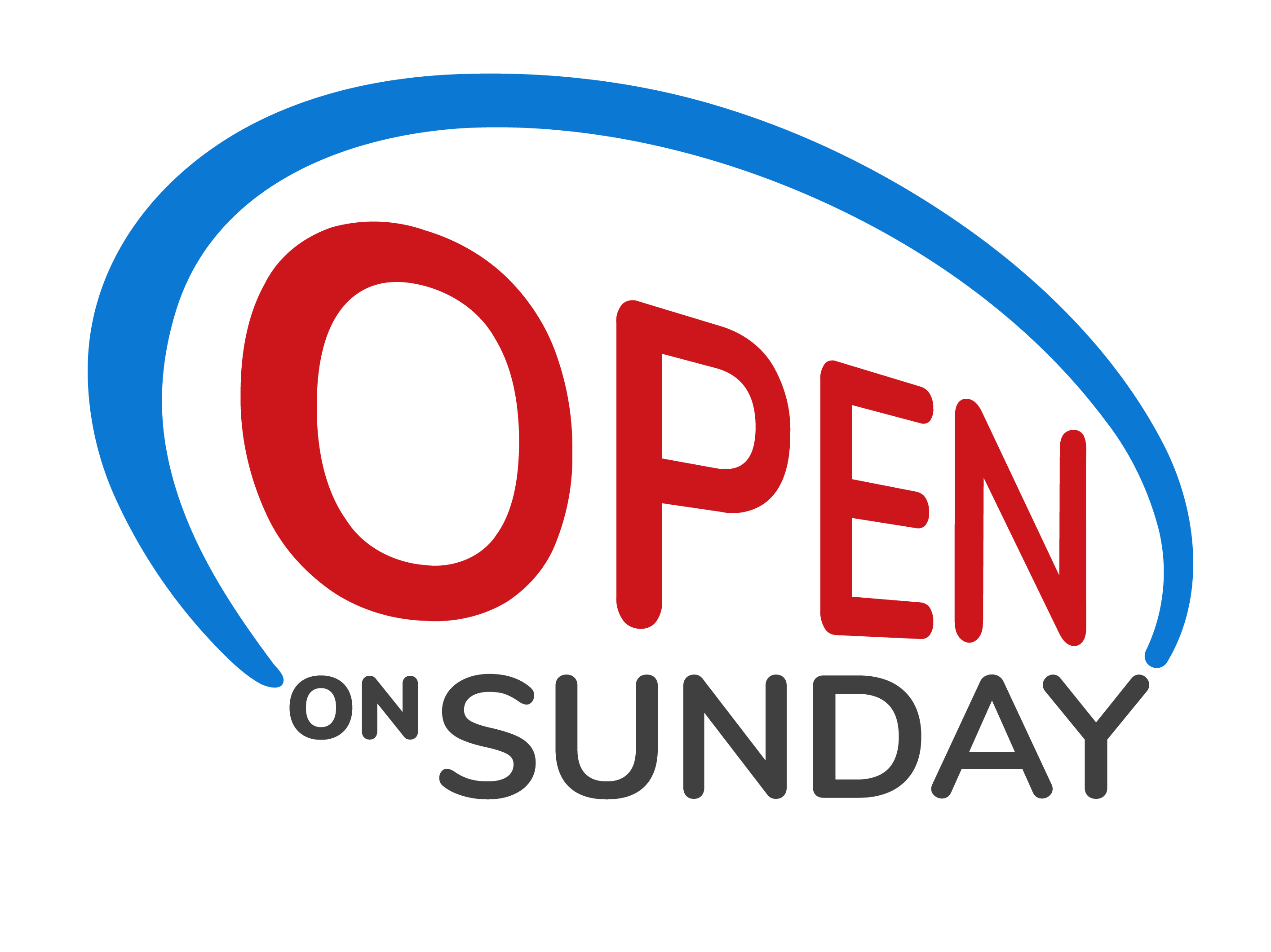Pricing Music at the Speed of Sound
WHAT WE HEARD FROM OPEN ON SUNDAY
Established musical IP lenders move slowly and have a manual approach to making offers to artists. Open On Sunday wanted to change the model, using technology to center the artist by delivering quick, accurate, easy-to-comprehend offers. In order to scale, Open On Sunday had to automate its ability to value music catalogs while keeping it easy for artists to upload their royalty statements and control their offers.
In search of a technology partner, Open On Sunday tried firms in Croatia and India before discovering New Normal.
“We found the blend of Seattle-based management with a high caliber Ukraine-based development team allowed us both the boots-on-the-ground communication and cutting edge technologists. The savings are real. New Normal is our dedicated software partner—and we’ve been at it for 4 years and counting." - Greg Spils, Open On Sunday COO
The experience New Normal already had designing and developing complex backend algorithms and client applications (such as a sweepstakes site for Southwest Airlines) along with sophisticated customer-facing presentation layers for Amazon.Design was the perfect match for Open On Sunday’s aggressive goals.
FAST, FAIR, ARTIST-FRIENDLY
Speed and fairness are what separate Open On Sunday from other lenders. The ability to quickly generate competitive offers for artists requires multi-layered algorithms that accurately estimate the current and future value of a music catalog. The presentation of the online offer needs to make sense to the artist and be easy to compare with competing offers. The New Normal developer team worked closely with product leads at Open On Sunday to build a powerful catalog valuation backend and an intuitive frontend for both artists and the Open On Sunday administrative team.
A VALUATION ENGINE THAT SINGS
Present and future value of a music catalog is essential to making an offer. New Normal developers built a system that uses compounding models which layer individual song values, genre trends, and future events (such as artist tours or licensing a song to film). We collect data from multiple sources (earnings statements and auxiliary consumption data such as YouTube views) and present the data in a wide context ranging from current to future valuations.
One microservice cluster has to do with data acquisition—scrapers, background workers, monitors—which collect the artist and catalog data from official and auxiliary sources. These data are then fed into the estimation engine for a multi-factor analysis, and then presented in a wide context, ranging from current to future valuations.
AN INTERFACE THAT PERFORMS
For the artists, the system helps visualize the valuation and provides intuitive controls over the offer. Visual indicators provide a quick reference to all the factors taken into account. In addition, the artist gets control over key deal inputs: percentage of portfolio to be sold, term of buyback, percentage interest of buyback, and more.
Similar to a mortgage dashboard, the Open On Sunday system prompts an artist to upload logins, CSVs, and scanned reports, which result in an accurate portfolio quote. The offer can be adjusted with artist controls, submitted, accepted and funded. On the administrative side, the Open On Sunday team uses the interface to generate contracts and run analysis. The interface allows for multiple roles for admins, brokers, legal, and artists. Secure encryption of sensitive catalog data gives artists peace of mind.
"Over the last 4 years, New Normal’s team has become an indispensable partner in thinking through the complexities of music catalog valuations. They’ve been key in turning our many business considerations into a robust algorithm we’re confident is superior to our competitors." - Greg Spils, Open On Sunday COO
TECHNOLOGIES USED
- Frontend: React.js with modules: Typescript, Recoil, Recharts, Axios
- Backend: monolithic Express.js (node) application that consists of two separate workers. One (API worker) powers the API requests, database connections, and faster tasks. The second (connected to Redis) is used to run longer jobs such as parsing files.
- Database: DB connection backend server utilizes Postgres and Clickhouse client libraries, which are Sequelize ORM and a custom Clickhouse solution, respectively.
- File parsing is done via a custom command-line application written in Rust. When necessary, Node server invokes pre-built executable that does all the necessary transformations against statement files and dumps processed statement data directly into Clickhouse OLAP DB
Seattle
Hawk Tower
255 S King St
Seattle, WA 98104
Cherkasy
Haharina St, 136
Cherkasy, Ukraine
Drop us a line
We would love to meet to chat about your idea. We’ll map out a scope and schedule that aligns with your product requirements, and offer recommendations for the most appropriate technology. Our goal is to help you launch quickly with rock-solid code.
Next Project:
Amazon.Design